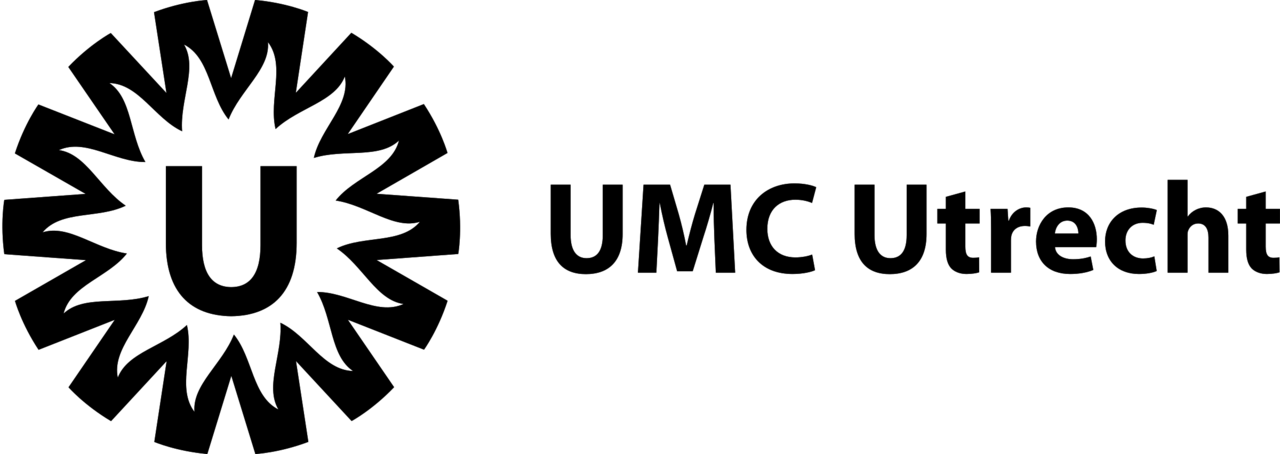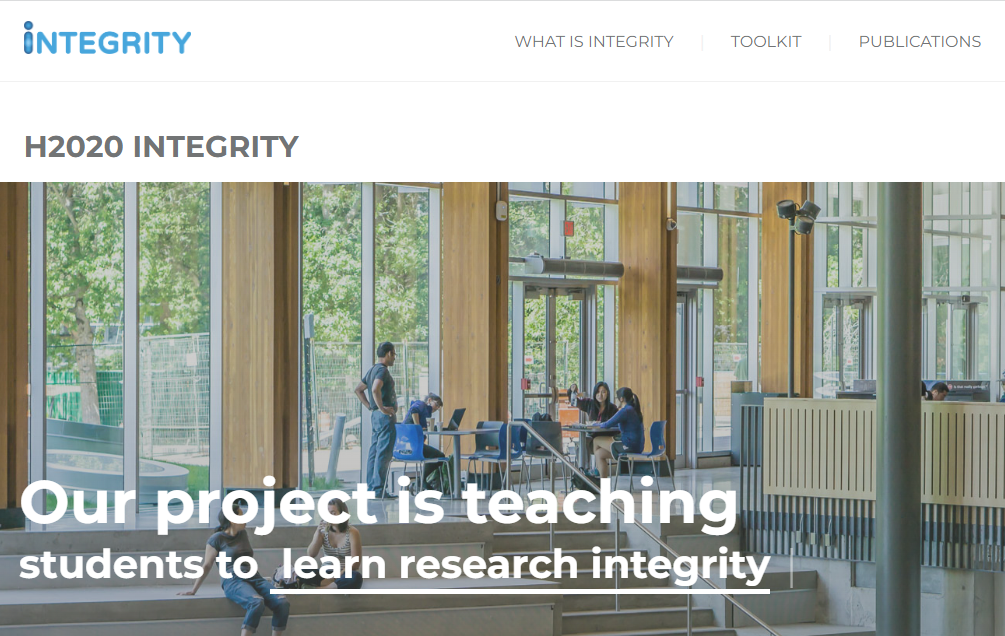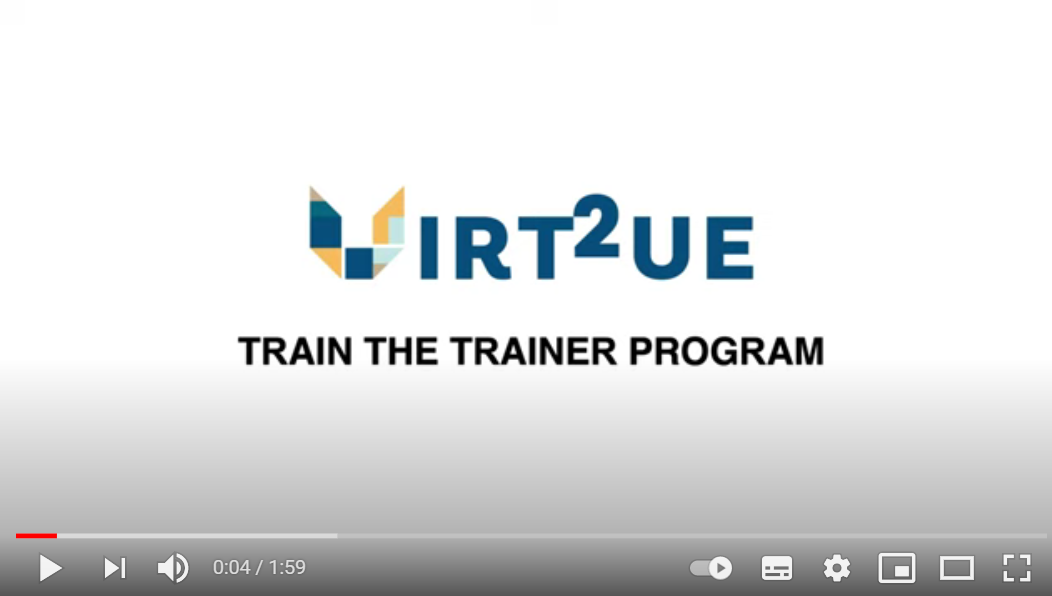Course
- Choose a category:
- Guide (8)
- Initiative (23)
- Instruction (69)
- Interactive Content (5)
- Report (16)
- Resource (1054)
- Theme (216)
- Discern the morally salient dimensions of a research project, and come to a well-considered judgment about the acceptability of such a project
- Reflect on moral dilemmas for researchers and Research Ethics Committees, and be able to systematically analyze such dilemmas
- Weigh the various arguments involved, and work towards a well-reasoned position or decision
The tools and materials of INTEGRITY have been designed and adapted to every stage of a researcher academic career, starting at high school level. Below are the project’s tools to qualify High School Students, Undergraduate Students, PhD Students, Researchers, and Supervisors in responsible research and to stimulate critical awareness regarding integrity issues in research practice. These materials make it possible to implement workshops fully or partially autonomously, learn more about some topics related to the research integrity, and some hands-on activities.
Click here to know more about the INTEGRITY Project and to access the publications.
The INTEGRITY Project is a large European project funded by Horizon2020, and made up of a consortium of 11 European partners from 9 countries.- Learn about the significance of Image Manipulation as a research misconduct.
- Become acquainted with some of the different techniques involved in image manipulation.
- Learn about the extent of the spread of Image Manipulation in research.
- Practice spotting Image Manipulation for yourself.
Topics Included
- Ethical and societal foundations of open science, its purpose
- The quality of the research outputs and data sets
- Protection of research participants’ rights in open science
- Prevention of research malpractices in the context of open science
- Responsible sharing and use of open data
- Responsible dissemination/publication practices
- Protection of intellectual property in the context of open science
- Ethical aspects of citizen science in the context of open science
Training materials are aimed at learners from five disciplines:
- social sciences
- humanities
- health and life sciences
- natural sciences
- citizen science
All groups of trainees can use ROSiE online learning modules to implement self-directed learning. In this process, trainees are in charge of their learning, and they are autonomous in choosing what, how and where they are learning.
Online training materials can also be used for the implementation of blended learning, which combines traditional on-site training led by a trainer with using online content to allow trainees to build their own learning experience. In this case the 'traditional' learning materials developed within the ROSIE project (see ROSiE Knowledge Hub) can be used together with ROSiE online training materials created for self-directed learning.
The ROSiE training modules have been produced by Signe Mežinska, Ivars Neiders and Zanda Rubene. The resource uses texts from the ROSiE "D1.3: Conceptual and normative framework for tackling the ethical, epistemic, disciplinary and RI-related challenges of advancing OS-practices" (contributors Søren Holm, Rosemarie Bernabe, Kadri Simm, Mathieu Rochambeau, Jaana Eigi, Bjørn Hofmann, Francois Jost, Olivier Le Gall, Ana Sofia Carvalho, Maria Strecht, Nathalie Voarino).All groups of trainees can use ROSiE online learning modules to implement self-directed learning. In this case, the trainee as a user of online ROSiE training materials takes the initiative, with or without the help of the trainer, determines his/her learning needs, formulates learning goals and evaluates learning outcomes. In this process, trainees are in charge of their learning, and they are autonomous in choosing what, how and where they are learning.
Online training materials can also be used for the implementation of blended learning, which combines traditional on-site training led by a trainer with using online content to allow trainees to build their own learning experience. By blending face-to-face and online training methods, trainees can benefit from guidance and interaction with a trainer while having access to interactive and flexible training opportunities outside the classroom. For the implementation of blended learning in the classroom, the 'traditional' learning materials developed within the ROSIE project (see ROSiE Knowledge Hub) can be used together with ROSiE online training materials created for self-directed learning. Blended learning allows development of multimodal learning through visual, auditory, reading, discussion and writing methods. Multimodal learning expands inclusive learning opportunities.
The ROSiE training modules have been produced by Signe Mežinska, Ivars Neiders and Zanda Rubene. The resource uses texts from the ROSiE "D1.3: Conceptual and normative framework for tackling the ethical, epistemic, disciplinary and RI-related challenges of advancing OS-practices" (contributors Søren Holm, Rosemarie Bernabe, Kadri Simm, Mathieu Rochambeau, Jaana Eigi, Bjørn Hofmann, Francois Jost, Olivier Le Gall, Ana Sofia Carvalho, Maria Strecht, Nathalie Voarino).Learning objectives for the train-the-trainer course are to:
- Identify and apply the core principles and recommended good practices of the European Code of Conduct for Research Integrity
- Understand core virtue ethics concepts and terms and relate virtue ethics to research integrity
- Facilitate case-based and experiential exercises aimed at fostering reflection on virtues
- Critically reflect on experiences of teaching
- Adapt teaching approaches based on the target group characteristics
VIRT2UE training overview:
Bu eğitimi alan kişiler, erdemleri hayata geçirmeye yatkınlık geliştirecek ve somut olaylar karşısında bu erdemlere uygun davranmayı öğrenecek; ECoC (Araştırmalarda Dürüstlük Konusunda Avrupa Davranış Kodu)’ta belirtilen ilkeler ile somut ERI (Ethics and Research Integrity/ Tr. AED - Araştırma Etiği ve Doğruluğu) vakaları arasında nasıl ilişki kurulacağını öğrenecek; somut vakalar ve ikilemler karşısında bilimsel erdemler oluşturma konusunda araştırmacılara yardımcı olacak alıştırmaları uygulamak için gerekli bilgi ve becerileri edinecek ve bir VIRT2UE eğitimini düzenlemek ve uygulamak için lazım olan didaktik yetkinliğe erişecektir.
Eğitim ile ilgili daha detaylı bilgi almak ve Sıkça Sorulan Sorular’a ulaşmak için tıklayınız.
Pages in category "Course"
The following 8 pages are in this category, out of 8 total.







